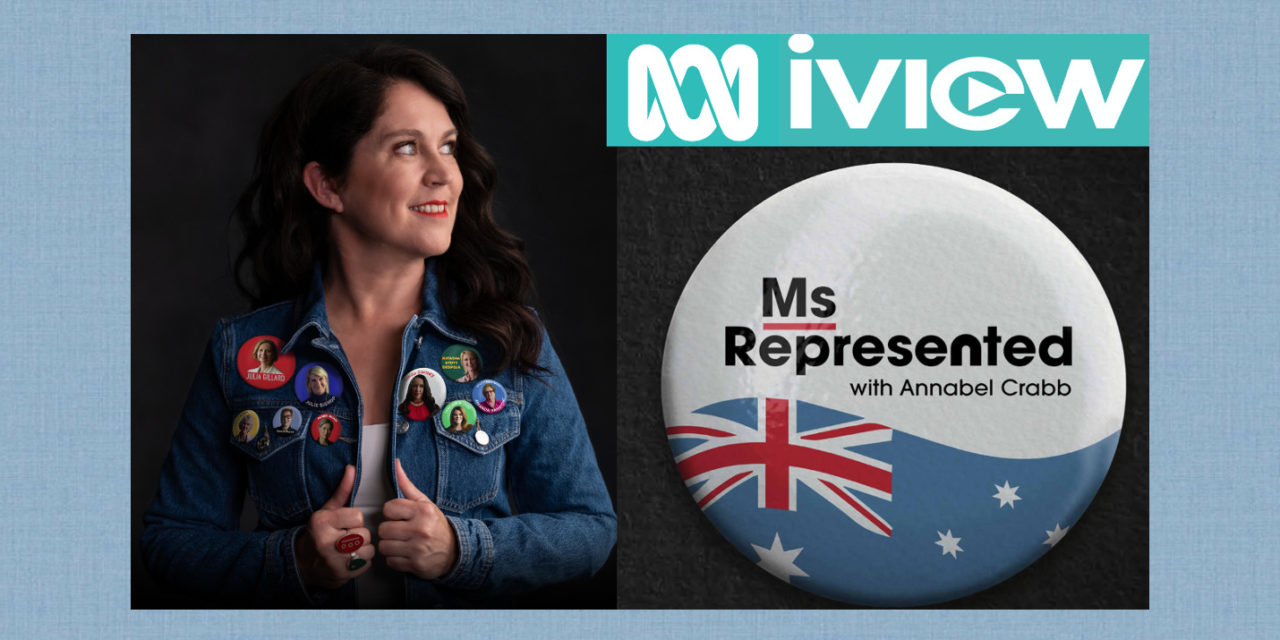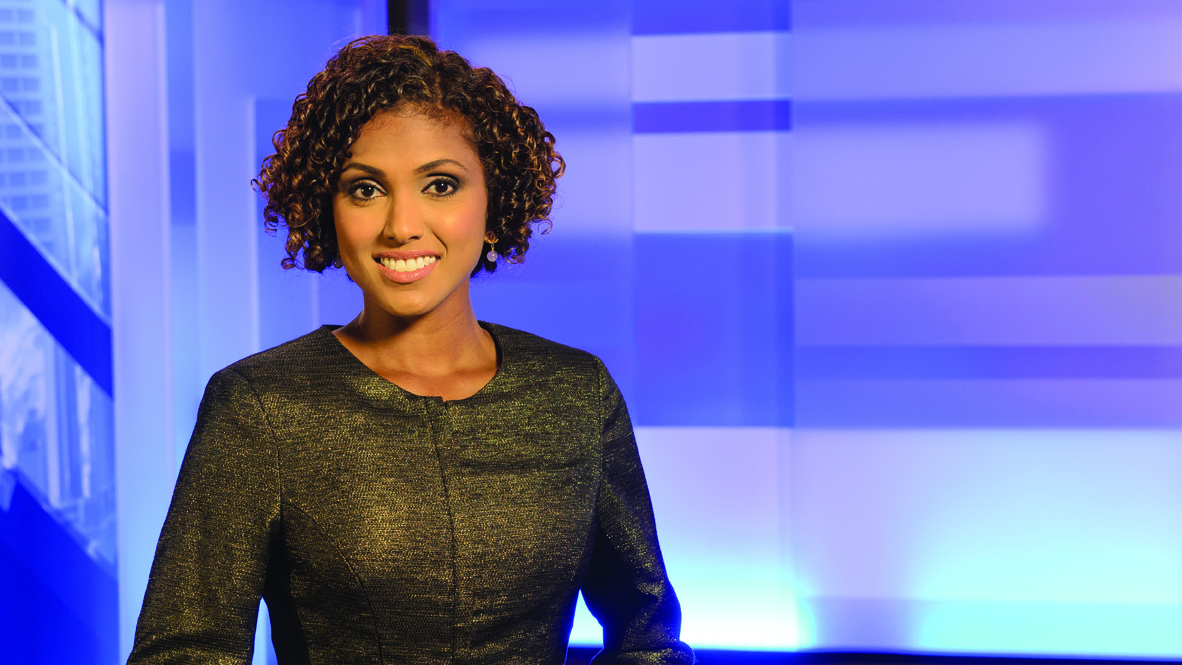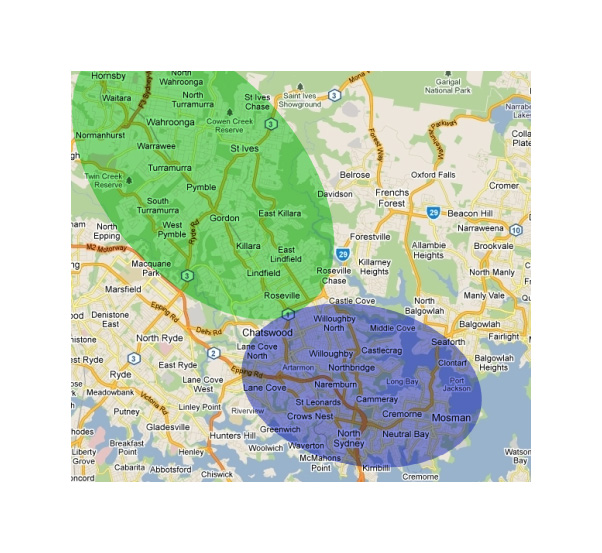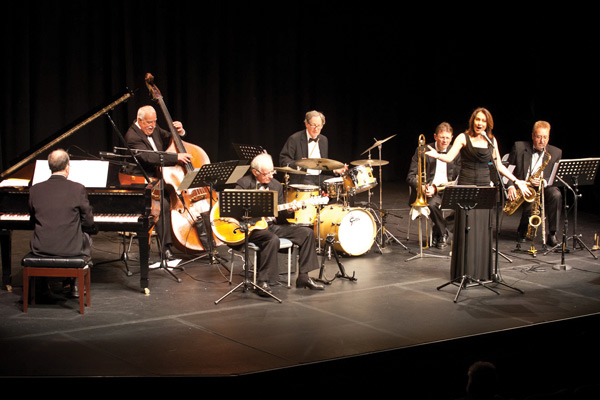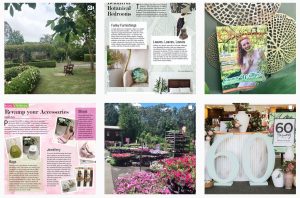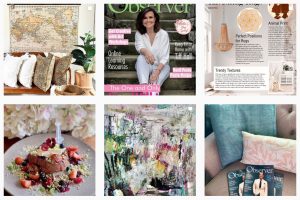Isabella Ross
100 years after Australia elected its first female parliamentarian, Annabel Crabb presents the television series Ms Represented, a raw account of politics from the female perspective. Sarah Hanson-Young, Julia Gillard, Julie Bishop, Penny Wong, Bronwyn Bishop – these are just some of the pioneering women interviewed. Sydney Observer was thrilled to chat with Annabel about the series.
What sparked the idea to create Ms Represented?
Back in 2014, I was researching Edith Cowan, the first woman to serve in the Australian Parliament. Since it was coming up to the 100-year anniversary of her election (1921), I wanted to do a centenary feature of women in politics. I also thought it was worth preserving their stories, particularly as some of the early crusaders are still around, as many of the breakthroughs for women were made recently. It’s by no means an exhaustive collection of significant women, but it’s a collection that can tell a balanced story.
The challenges these women faced in politics was universal – was that something important to get across to viewers?
I was keen to look at the issues outside the bounds of an increasingly tribalized political environment. When you ask these women to tell their stories, you see similarities regardless of age or political perspective. It was interesting to see what has changed and what hasn’t. As Linda Burney, politician and the first Indigenous woman to serve in the House of Representatives notes, “if we don’t look at the past, we can’t craft the future.”
Was Julie Bishop’s idea of ‘Gender Deafness’ something many could relate to?
I was blown away! I’d heard Julie Bishop talk about the phenomenon after she left Parliament, in relation to often being the only woman in the room. It’s women putting forward an idea, not being heard/acknowledged and minutes later a man suggesting the same thing and being heard/praised comprehensively. It was identical stories across the political spectrum – it’s powerful to watch. When women are habitually employing techniques to be heard, you start to understand that maybe the experiences of men and women in decision-making bodies aren’t always the same.
Can you share the story behind Julia Gillard and the ‘empty fruit bowl?’
Julia Gillard tells us the story of a photo op with a newspaper, taking a photograph of her in her house, in a tidy kitchen free of all clutter. It kicked up extraordinary responses – many drew conclusions between seeing the empty kitchen and ‘fruit bowl’ and her capability as a woman, politician and leader. There are deep-seated expectations around whose job it is to be a homemaker versus a breadwinner or elected official. We can recognise in these examples how far we’ve come, and in the series, Julia reflects on the changes in public debate and understanding of politics for women since she left office.
There were varying perspectives on these women choosing whether to speak up about misconduct – why do you think that is?
It’s divided and generational. Women are very cautious about when to raise the issue of sexism. A culture where women regularly feel they are not heard is joined up to the culture where women can’t or shouldn’t speak out when something unreasonable happens to them. The Senate is now more than 50% women, which is fantastic – you have the numbers there to make equal treatment part of the deal. Yet the Senate is the same place where the 1984 Sex Discrimination Act was written, but it’s only this year we’re recognising that members of Parliament are practically ‘exempt’ from that very act. What I hope the series shows is the extraordinary breadth of progress these women have made – people who often disagree with each other but collectively have made a difference. It’s inspirational and worth recording.
All four episodes will be available to binge on ABC iview from 13th July.
https://iview.abc.net.au/ | Instagram @annabelcrabb

